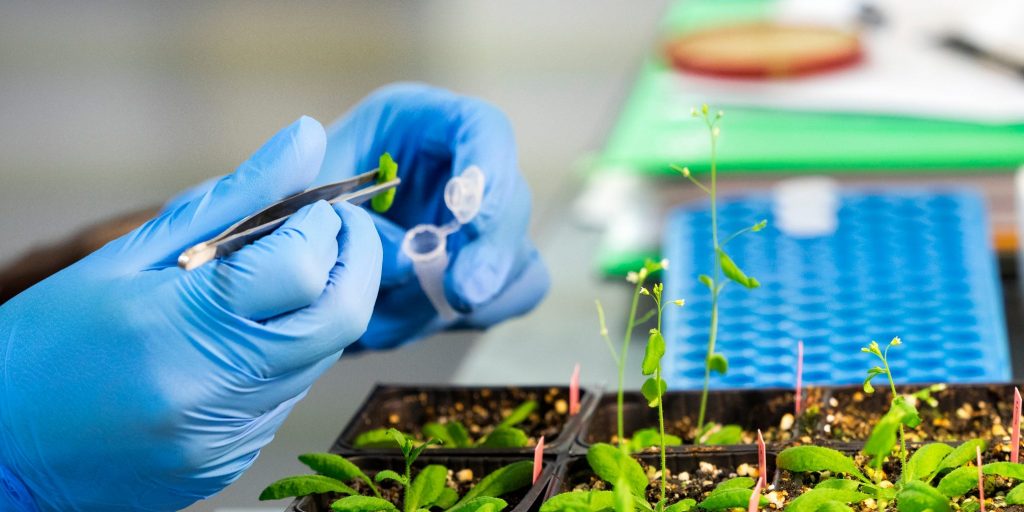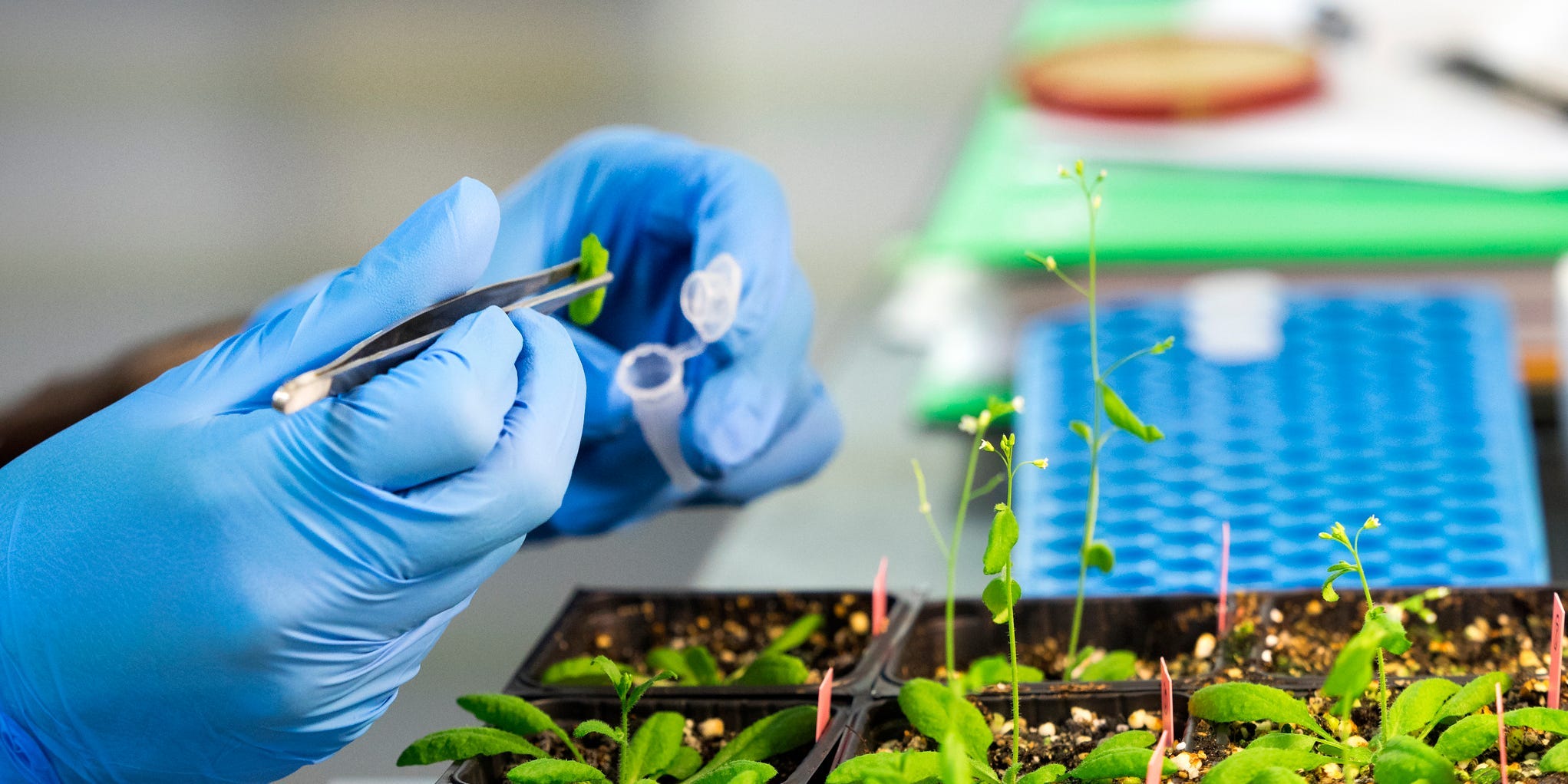
Jose A. Bernat Bacete/Getty Images
- GMOs are plants and animals that have had their DNA tweaked by scientists in a lab.
- Scientists say GMOs are safe, but some wish to avoid them until long-term studies are published.
- Common GMO foods include corn, soybeans, potatoes, and papaya.
- Visit Insider's Health Reference library for more advice.
The first genetically modified food was a tomato, introduced in 1994. Since then, the controversy around genetically modified organisms (GMOs) – plants, animals, and microbes – has sparked concern about how they affect our health.
It's valid to worry about what you're putting in your body. However, because GMOs are still relatively new, there is limited long-term research to definitively say if they are any worse for our health than non-GMOs.
"Genetic modification is still a new concept and we need to study its impact on health in the long term. While nutrients can be optimized through modification, others are concerned it may impact allergies or metabolism," says Claire Muszalski, a registered dietician with the University of Pittsburgh Medical Center.
That said, nine out of 10 scientists from the American Association for the Advancement of Science feel they are "generally safe" to eat.
Right now, there's no clear-cut way to determine if that tomato you're contemplating in the grocery is a GMO, or not. That's why the United States Department of Agriculture will require all food companies to label GMOs by the end of 2022.
In the meantime, here is a list of the most common genetically modified foods, plus what researchers know so far about their health effects.
1. Corn
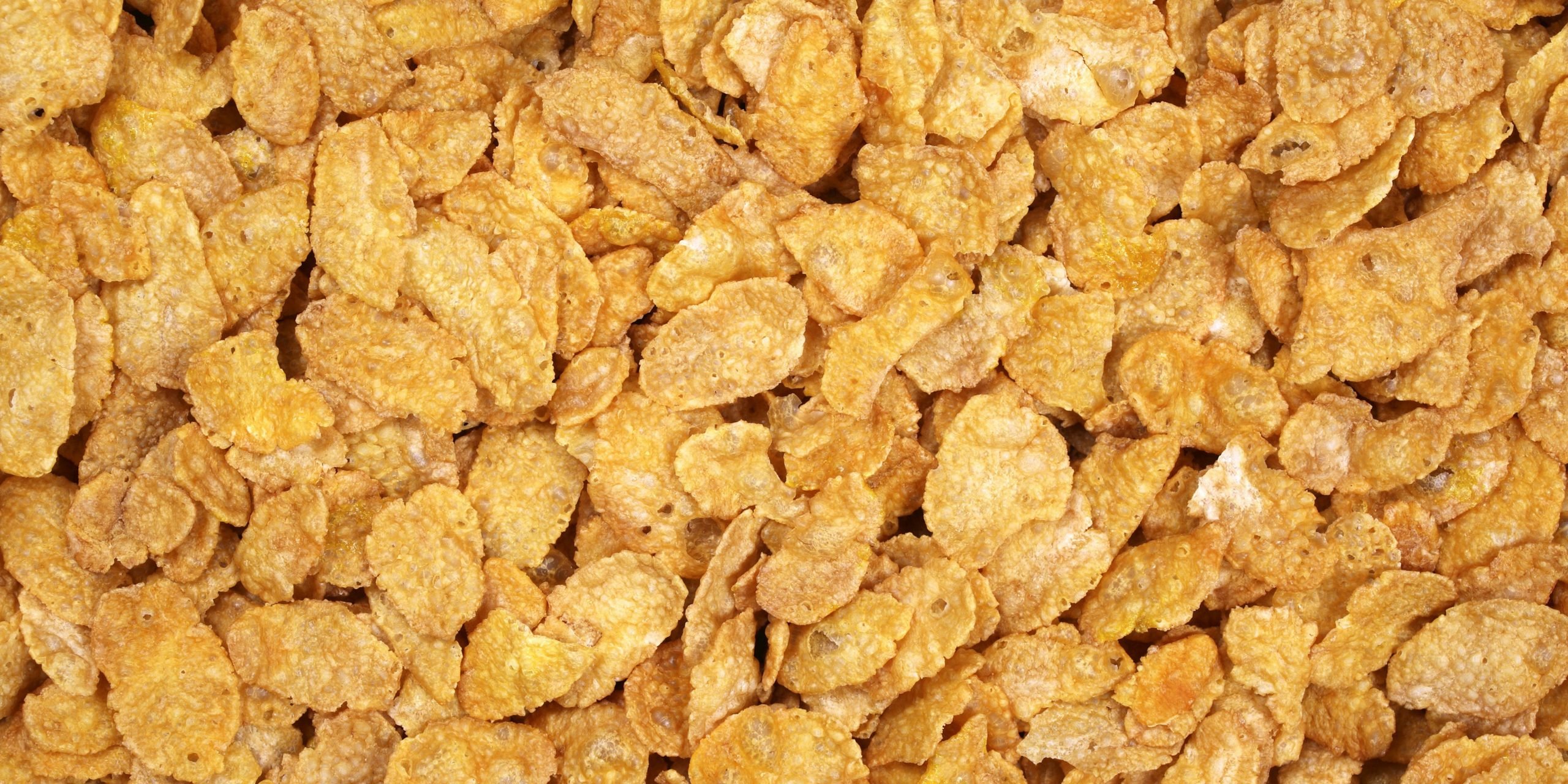
Ralph Kerpa/McPhoto/ullstein bild via Getty Images
About 92% of corn in the US is genetically modified.
GMO corn produces proteins that are toxic to certain pests, but not considered harmful to humans and livestock.
GMO corn may be found in processed foods in the form of cornstarch, corn oil, and corn syrup. However, most GMO corn is used to feed livestock, like cows and chickens.
2. Soybeans

JTSorrell/Getty Images
Soybeans are typically genetically modified to become herbicide-tolerant, drought-tolerant, or insect-resistant.
About 94% of soybeans are GMOs, but most of the crop is used in animal feed, says Muszalski. It's also used to create soybean oil and emulsifiers like soy lecithin and can be found in many processed foods such as:
- Cereals
- Veggie burgers and faux meats
- Baking mixes
- Tortillas
- Granola bars
- Tofu
3. Summer squash
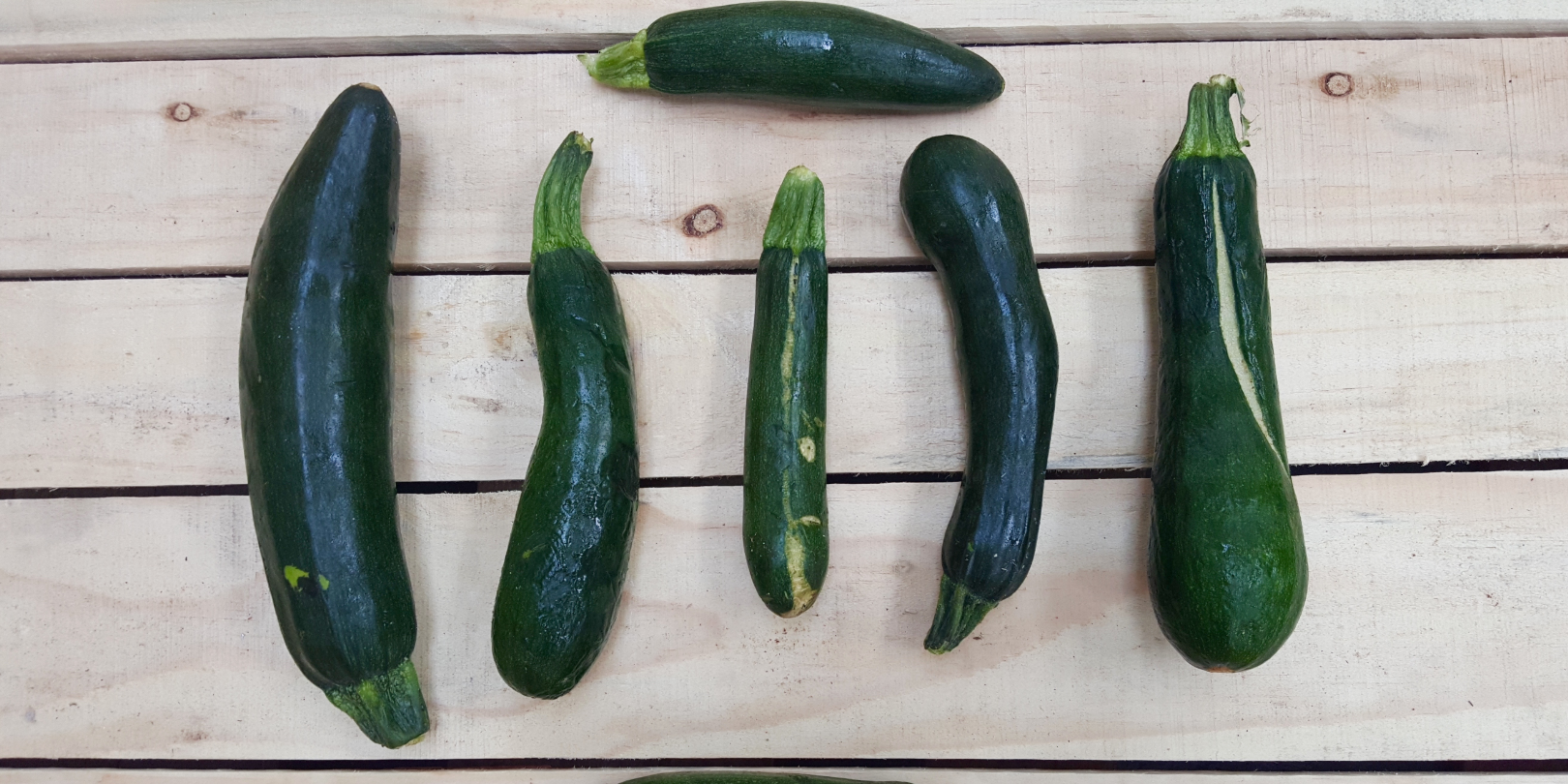
Imperfect
Genetically modified summer squash is resistant to a particular virus called zucchini yellow mosaic, which can cause severe deformations, blisters, and stunt growth of the crop. Although it was one of the first GMOs to be introduced, it's not as widely grown as other common GMO foods.
4. Canola

Shutterstock
About 95% of canola that's planted is genetically modified. This crop, which is used to make canola oil by crushing the seeds, is typically modified to resist herbicides and limit the weeds where it is grown, says Muszalski.
5. Sugar beets

Peter Dazeley/Getty Images
More than half of the granulated sugar you see on supermarket shelves is made from GMO sugar beets. This is because GMO sugar beets are resistant to herbicides, said Muszalski, and therefore farmers can grow them more quickly while keeping weeds under control.
6. Potatoes
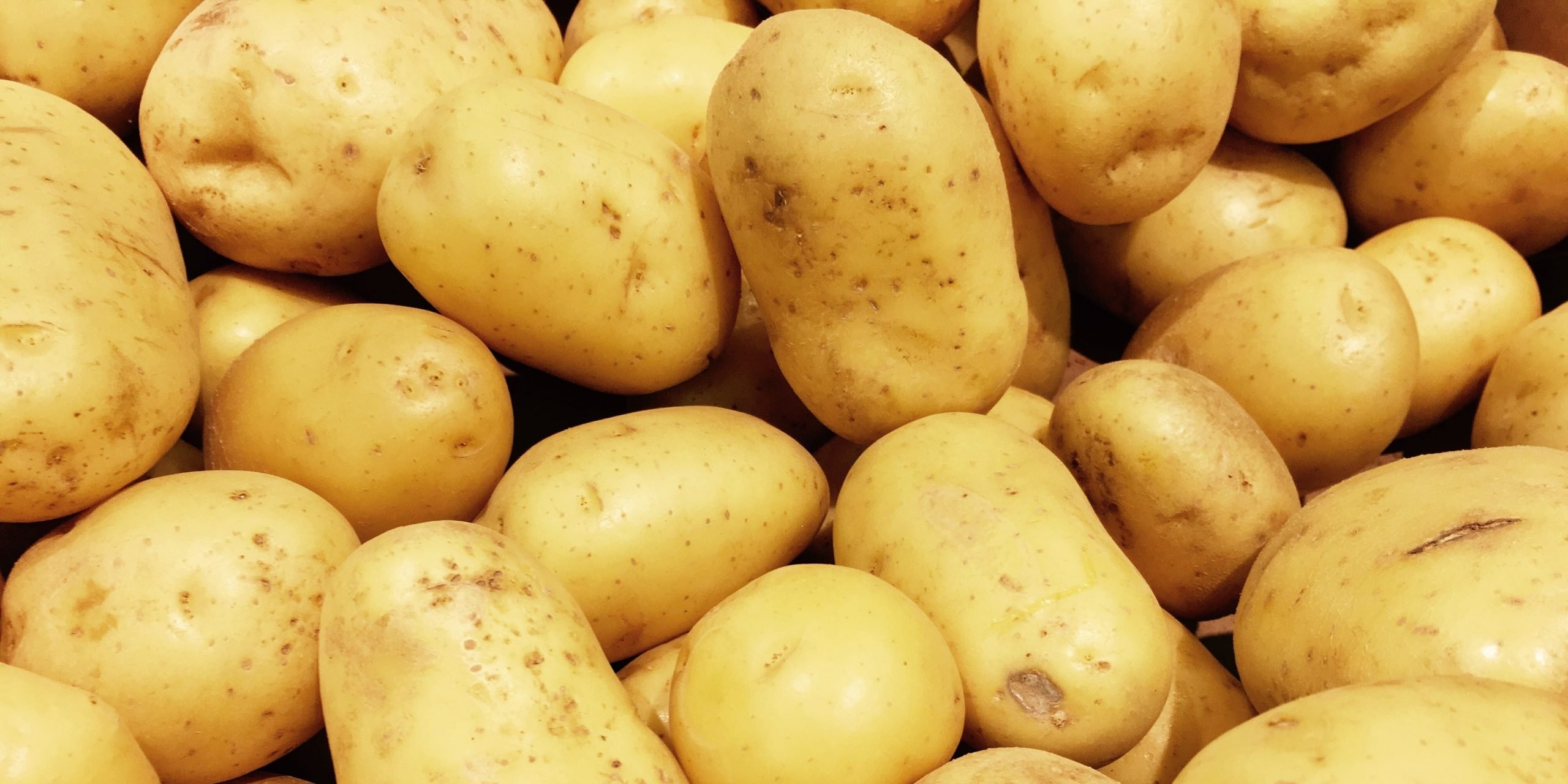
Titus Group/Shutterstock
GMO potatoes are often modified to resist pests and disease, as well as to reduce browning and bruising that can occur during packaging, transportation, and storage.
Some genetically modified potatoes may produce less acrylamide, a chemical with a potential link to cancer, when exposed to high heat. However, studies of this chemical have only been conducted in animals who were fed significantly high amounts.
7. Papaya
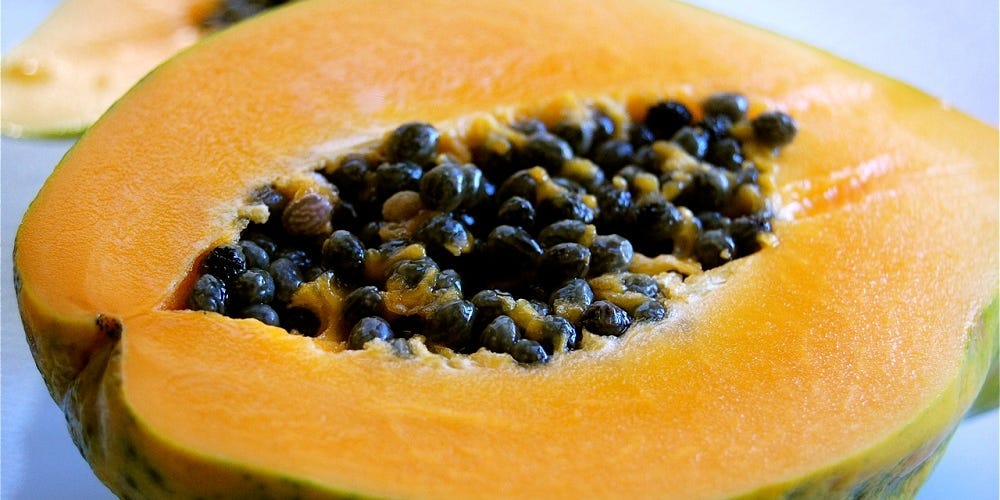
BI Australia
The GMO version of this fruit, which is known as rainbow papaya, was developed after the ringspot virus destroyed most of the papaya in Hawaii to resist this particular disease. A 2011 study found that rainbow papaya has higher vitamin A levels and lower calcium levels than traditional non-modified papaya.
8. Alfalfa
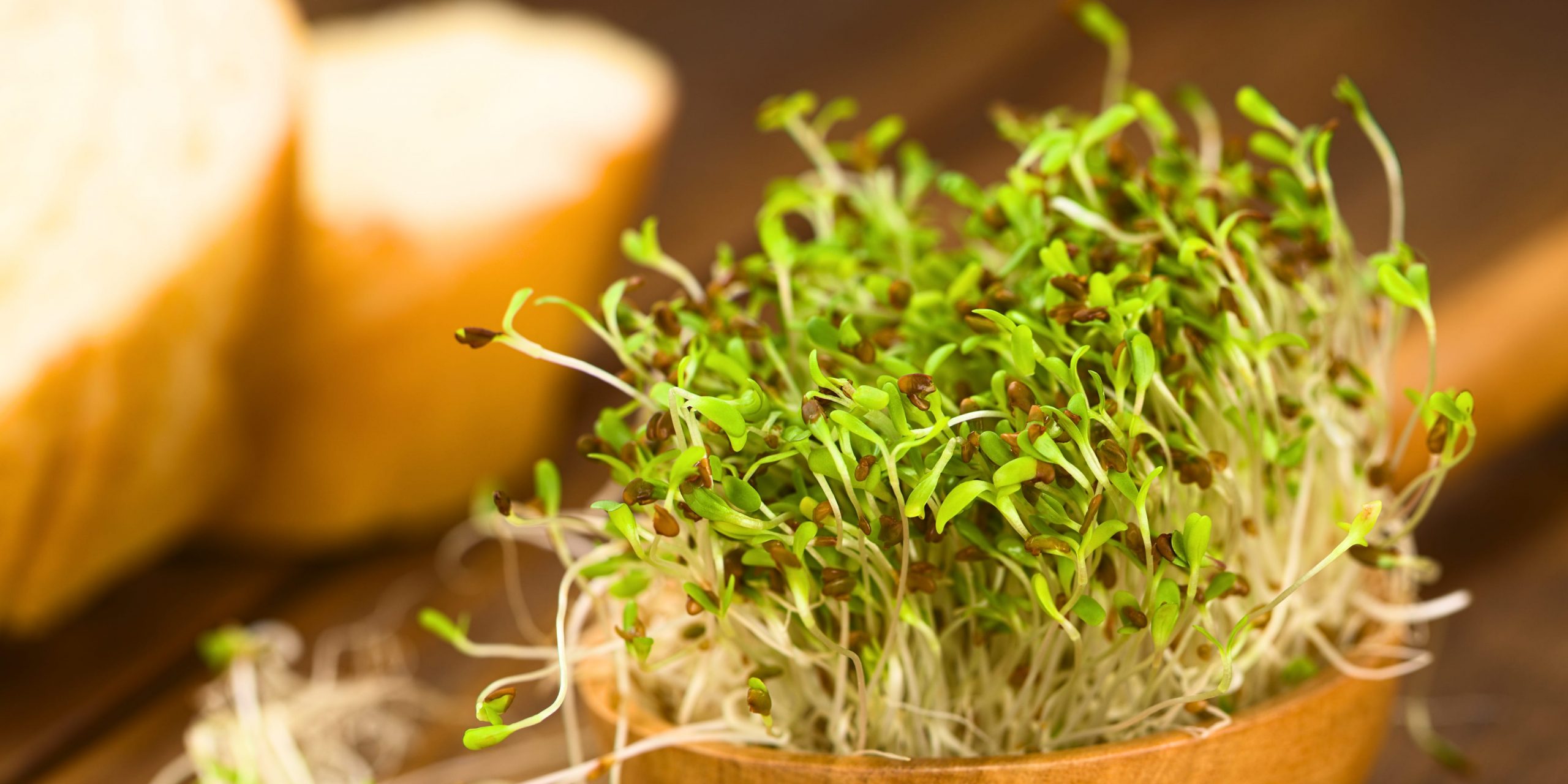
Ildi Papp/Shutterstock
Alfalfa is a popular high-protein food source for cattle, especially dairy cows, said Muszalski.
Genetically modified alfalfa is resistant to herbicides, which means farmers can kill weeds without hurting the crop.
9. Apples
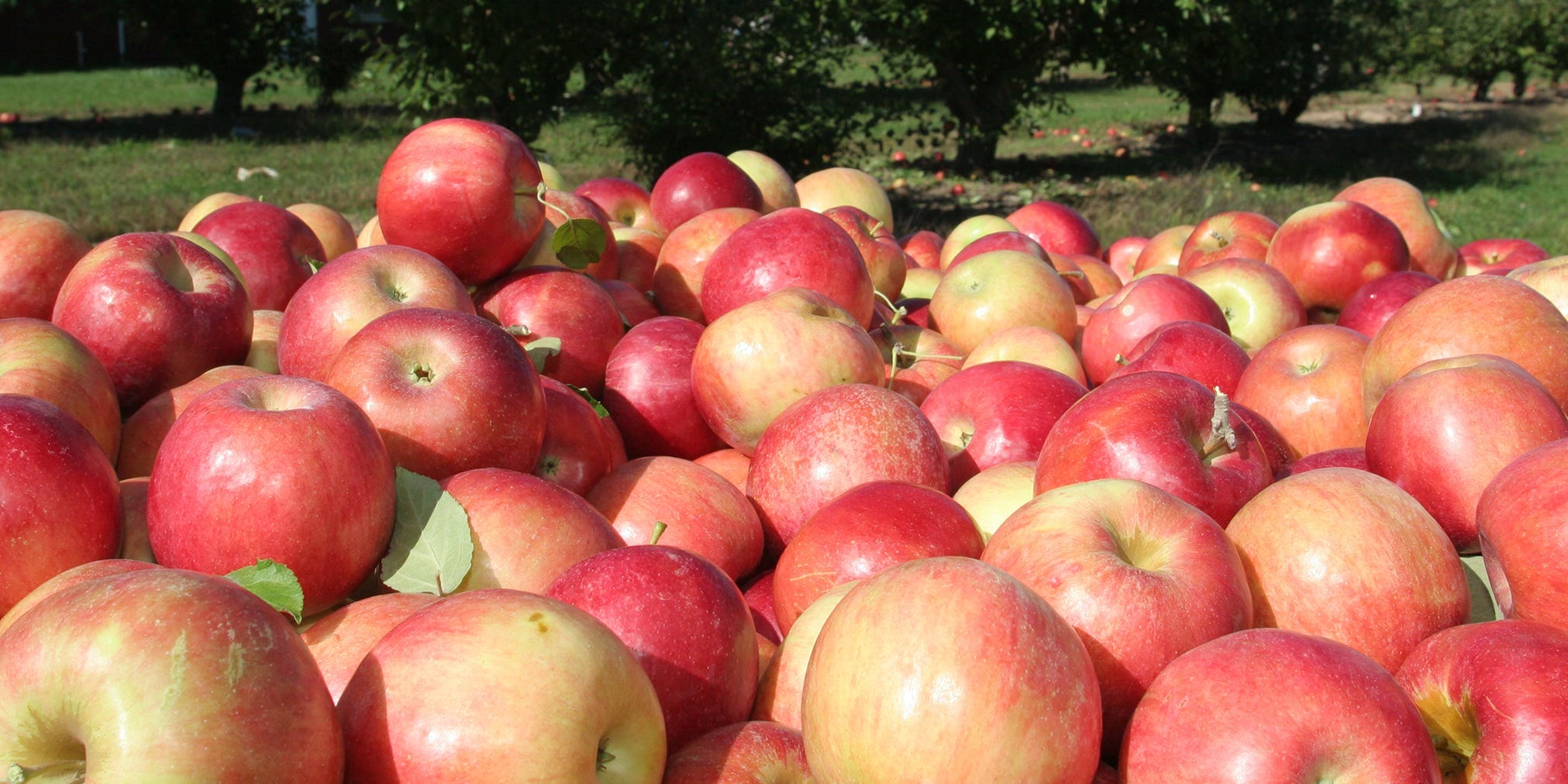
Jeffrey Greenberg/Universal Images Group via Getty Images
Apples produced by the company Arctic have been genetically altered to prevent browning and bruising, said Julie Harris, an RDN who works at Omada Health. These apples can be found in several popular varieties within the US, including fuji, granny smith, and golden delicious, and can be identified at your local grocery store by the Arctic® logo.
"Browning does not affect the taste or the quality of these crops but adding this gene has cut down on food waste, as many people think brown produce is spoiled," Harris says.
Research indicates that GM arctic apples' nutritional content is comparable to their traditional counterparts. While they do contain a new protein called NPTII, it has been deemed non-toxic and non-allergenic.
Insider's takeaway
Thus far, there is no scientific evidence that GMOs are harmful to human health, but there are also no long-term studies verifying their safety.
Therefore, if you're looking to avoid GMOs, Harris and Muszalski both recommend looking for the Non-GMO Project's Product Verification label or sticking with USDA Certified Organic foods.
